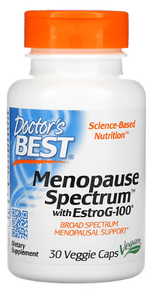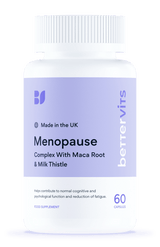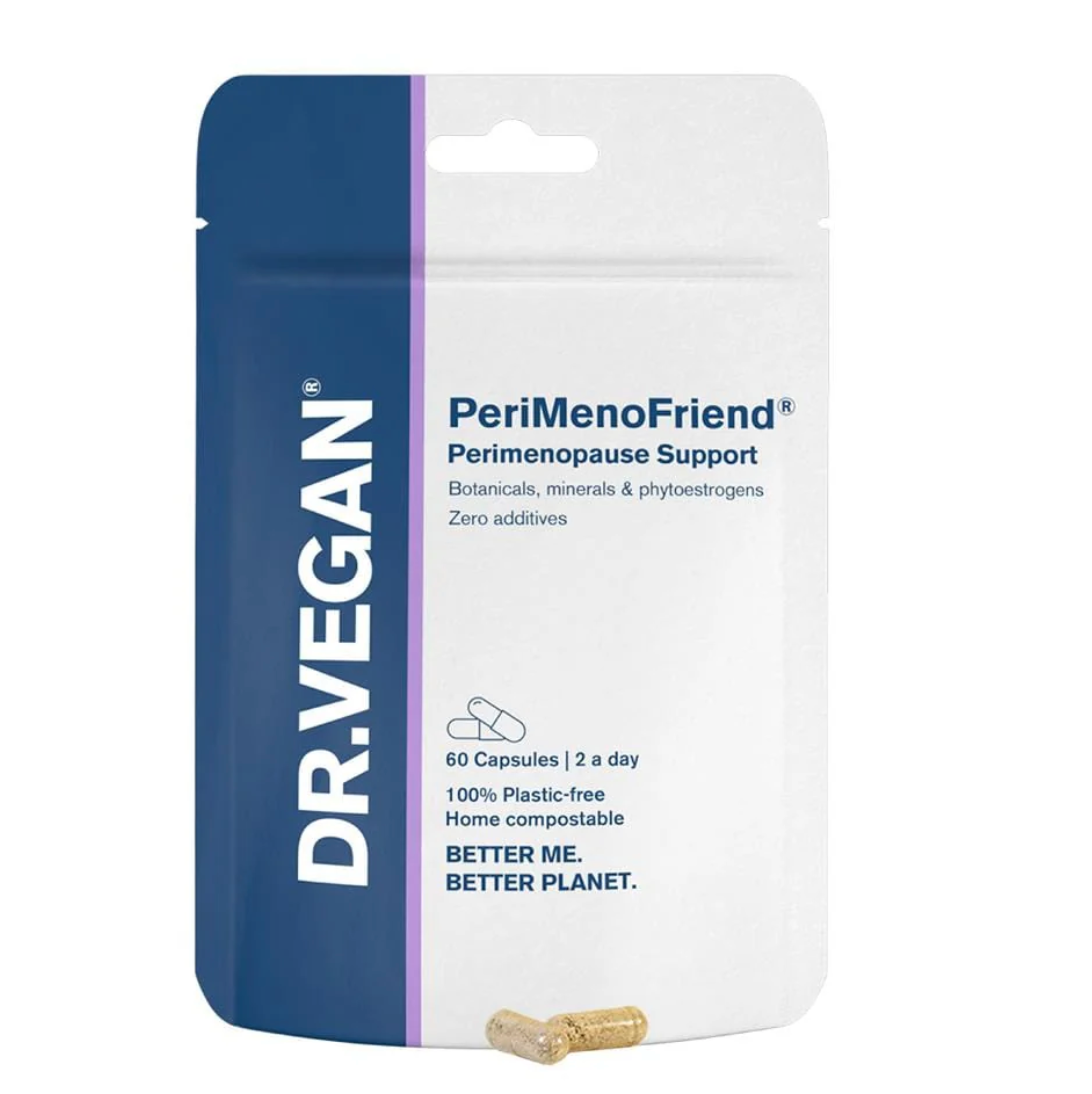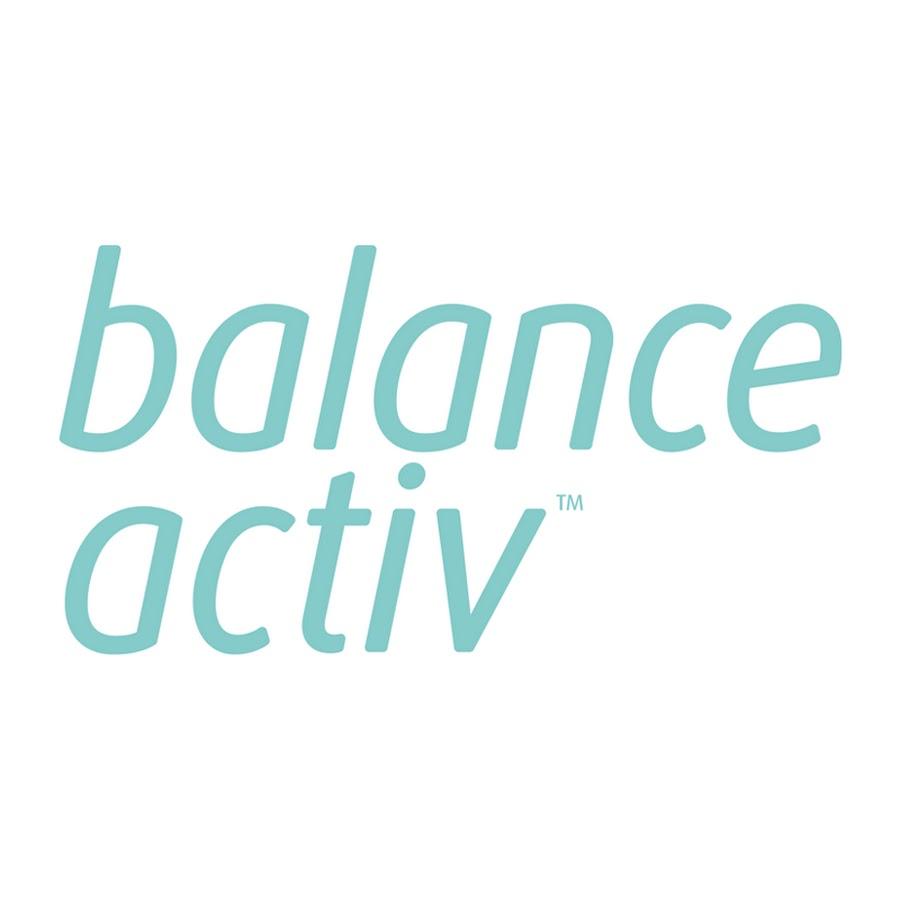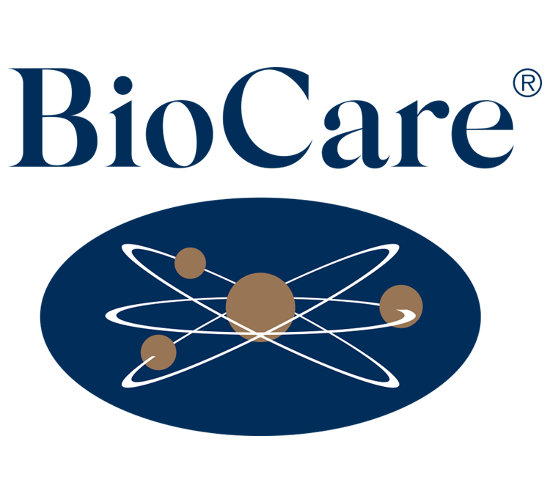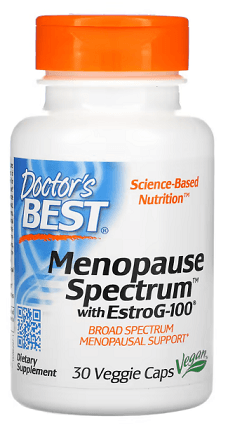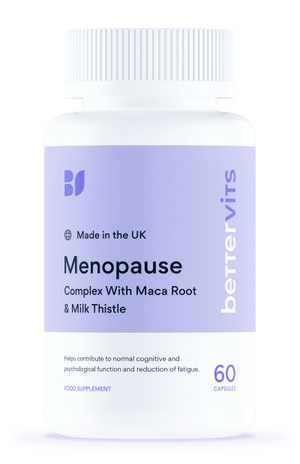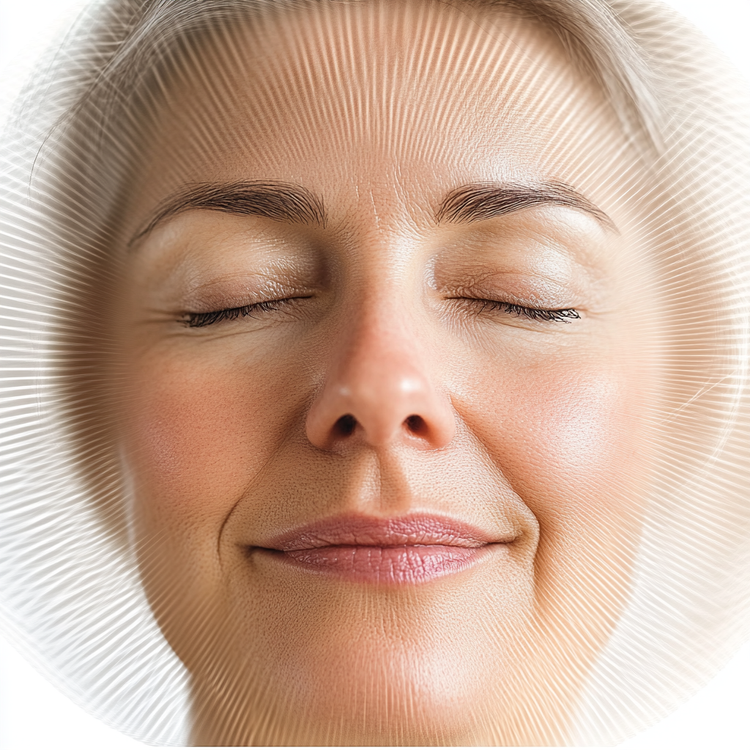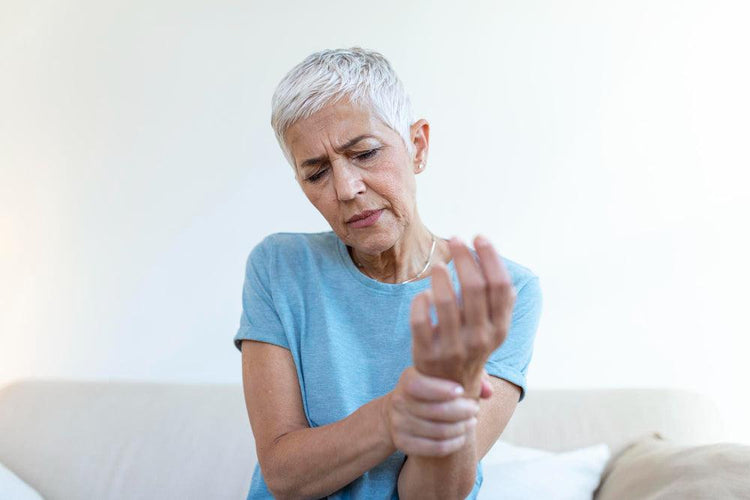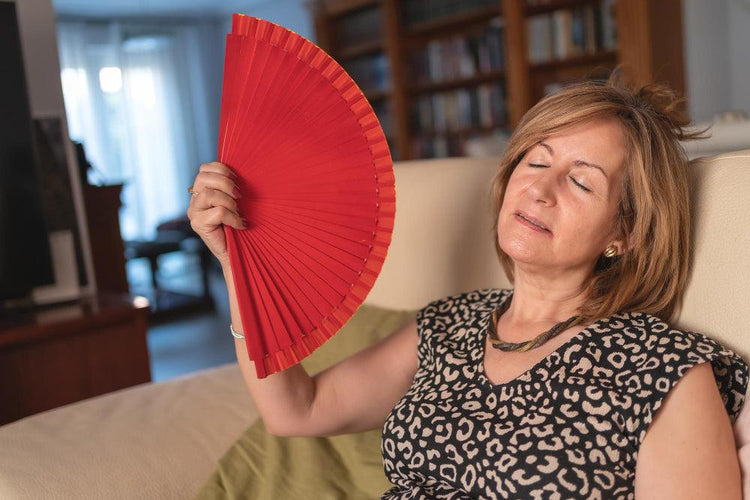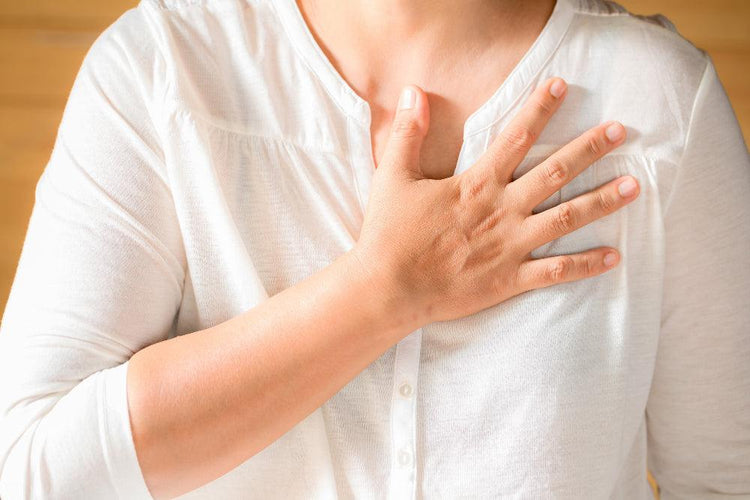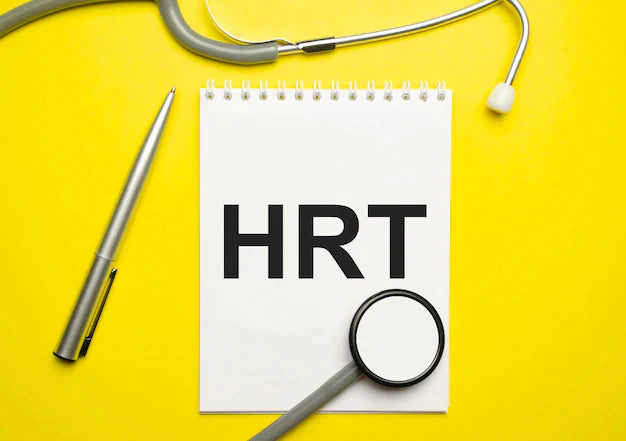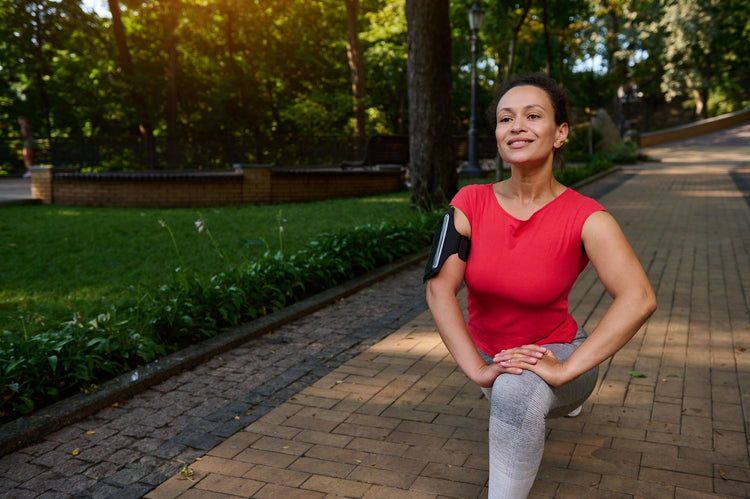
 Instagram
Instagram

Related products
What’s covered?
9 best vitamins for menopause

The time of a woman’s life when her menstrual periods stop permanently is called menopause.
This usually occurs between the ages of 45 and 55 years old. For some women, symptoms can start before or after menopause.
Menopause is considered complete when you have not had a period for 12 consecutive months.
As women approach menopause, women often experience a multitude of changes in their bodies. From hot flashes and night sweats to weight gain and mood swings, menopause can be a challenging time for many women.
There are many different symptoms associated with menopause, but luckily there are ways to help lessen their effects. Vitamins are one way to do this.
In this article, we will go over the 9 best vitamins for menopause. Keep reading to learn more!
What is menopause?
Menopause is a natural biological process that marks the end of a woman's reproductive years.
During menopause, the ovaries stop producing eggs, and the levels of the hormones estrogen and progesterone decline.
This can lead to a number of physical and emotional changes, including hot flashes, night sweats, sleep problems, anxiety, mood swings, and vaginal dryness.
Menopause is not a disease, but it can be a challenge for some women to adjust to the changes it brings.
There are treatments available to help manage menopausal symptoms, and many women find that their symptoms improve over time.
With patience and understanding, menopause can be an empowering time of transition for many women.
How Menopause Affects Vitamin Deficiency
As women age, their bodies go through a lot of changes.
One of the most significant changes is menopause, which happens when a woman stops ovulating and her menstrual cycles come to an end.
This transition can last for several years and is characterized by a number of menopause symptoms, including hot flashes, night sweats, mood swings, and weight gain.
These changes can also affect a woman's ability to absorb vitamins and minerals from the food she eats.
Additionally, menopause can lead to bone loss, which means that women must be especially careful about getting enough calcium and vitamin D.
The Consequences of Vitamin Deficiency in Menopause
Vitamin deficiency can have serious consequences for menopausal women. For example, if a woman is deficient in iron, she may experience fatigue, weakness, and difficulty concentrating.
If she's deficient in vitamin D, she may be at risk for osteoporosis and other bone problems. And if she's deficient in vitamin B12, she may experience depression, anxiety, and memory problems.
That's why it's so important for women to talk to their doctors about their vitamin intake during menopause.
Together, they can develop a plan to make sure you're getting all the nutrients you need.
However, there are certain vitamins and supplements that can help to ease the transition. Here are 9 of the best vitamins for menopause:
1. Vitamin D
Vitamin D is essential for bone health, and many women find that their bone density decreases during menopause.
As a result, they may be more susceptible to fractures and osteoporosis. A vitamin D supplement can help to prevent these problems by boosting bone density.
To find available vitamin d supplements for menopause, click here.
2. Vitamin C
Vitamin C is a powerful antioxidant that can help to protect the body against disease. It is also necessary for the production of collagen, which helps to keep the skin looking young and healthy.
Many women find that their skin becomes dry and wrinkled during menopause, so a vitamin C supplement can be beneficial.
3. Vitamin E
It is another antioxidant that can help to protect the body against disease. It is also necessary for the production of red blood cells, which carry oxygen to all tissues in the body.
Women often find that their energy levels drop during menopause, so a vitamin E supplement can be helpful in boosting energy levels.
4. Vitamin B6
Vitamin B6 is important for many different bodily functions, including hormone production. Hormonal imbalances are one of the main causes of menopausal symptoms, so getting enough vitamin B6 is essential for keeping those symptoms at bay. Good sources of vitamin B6 include poultry, fish, potatoes, and legumes.
5. Iron
Iron helps carry oxygen to all of the cells in the body, including the brain. Menopausal women are at risk for iron deficiency due to blood loss from menstrual periods stopping
Foods rich in iron include red meat, dark leafy greens, and beans.
6. Magnesium
Magnesium plays a role in over 300 biochemical reactions in the body and is important for energy production, muscle contraction, nerve function, and blood sugar control.
Magnesium-rich foods include dark chocolate, pumpkin seeds, and yoghurt.
7. Zinc
Zinc is an essential mineral for many different functions in the body, including cell growth, immune function, and fertility.
Good sources of zinc include oysters (the ultimate aphrodisiac), beef enchiladas filling made with ground beef, and lobster tails sautéed with garlic lemon butter sauce.
To find available zinc supplements at Welzo, click here.
8. Selenium
Selenium is another mineral that's important for fertility as well as thyroid function. The best food sources of selenium are Brazil nuts (just two nuts will give you your recommended daily amount), tuna canned in water, and halibut fillets baked with Parmesan cheese.
9. Omega-3 Fatty Acids
These healthy fats are great for overall health but they're also important for maintaining hormone levels during menopause.
Some good sources of omega-3 fatty acids include salmon, flaxseed oil, and chia seeds.
To find out if you are experiencing a vitamin deficiency, order a Welzo Vitamin Deficiency Test today.
Which is the most popular supplement for menopausal symptoms?
There are a variety of menopause supplements that are marketed to help with menopausal symptoms such as hot flashes, night sweats, and vaginal dryness.
However, not all supplements are equally effective. Some of the most popular supplements for menopausal symptoms include black cohosh, red clover, and soy.
Black cohosh is a plant extract that has been traditionally used to treat hot flashes and other menopausal symptoms.
Red clover is a legume that contains phytoestrogens, which are plant-based compounds that can mimic the effects of estrogen in the body.
Soy is another source of phytoestrogens, and it has been shown to be effective in relieving hot flashes, high blood pressure, and other menopausal symptoms.
While there is no one-size-fits-all solution for menopausal symptoms, these three supplements are among the most popular and effective options.
What vitamins and minerals do I need after menopause?
After menopause, a woman's body changes in many ways. One of the most significant changes is a decrease in estrogen production.
Estrogen plays an important role in bone health, and without enough of it, a woman is at risk for developing osteoporosis.
Other potential health risks associated with menopause include heart disease, urinary incontinence, and vaginal dryness.
To help offset these risks, it's important to make sure you're getting the right vitamins and minerals.
Calcium and vitamin D are essential for bone health, so be sure to include plenty of dairy products or other calcium-rich foods in your diet.
You may also want to consider taking a supplement. Heart disease is the leading cause of death for women over the age of 50, so it's important to get plenty of heart-healthy omega-3 fatty acids.
Foods like salmon, nuts, and avocados are all good sources of omega-3s.
And finally, to help with vaginal dryness and other menopausal symptoms, try adding soy products to your diet or taking a supplement that contains phytoestrogens.
By making some simple dietary changes, you can help offset some of the health risks associated with menopause.
Bottomline
Adding these 9 vitamins to your diet may help ease some of the symptoms related to menopause like hot flashes, weight gain, mood swings, and dry skin.
Be sure to talk to your doctor before making any changes to your diet or taking any supplements to make sure they're right for you.
To learn more about your general health visit our Women's Health Hub to discover more information and find suitable products for your needs.

